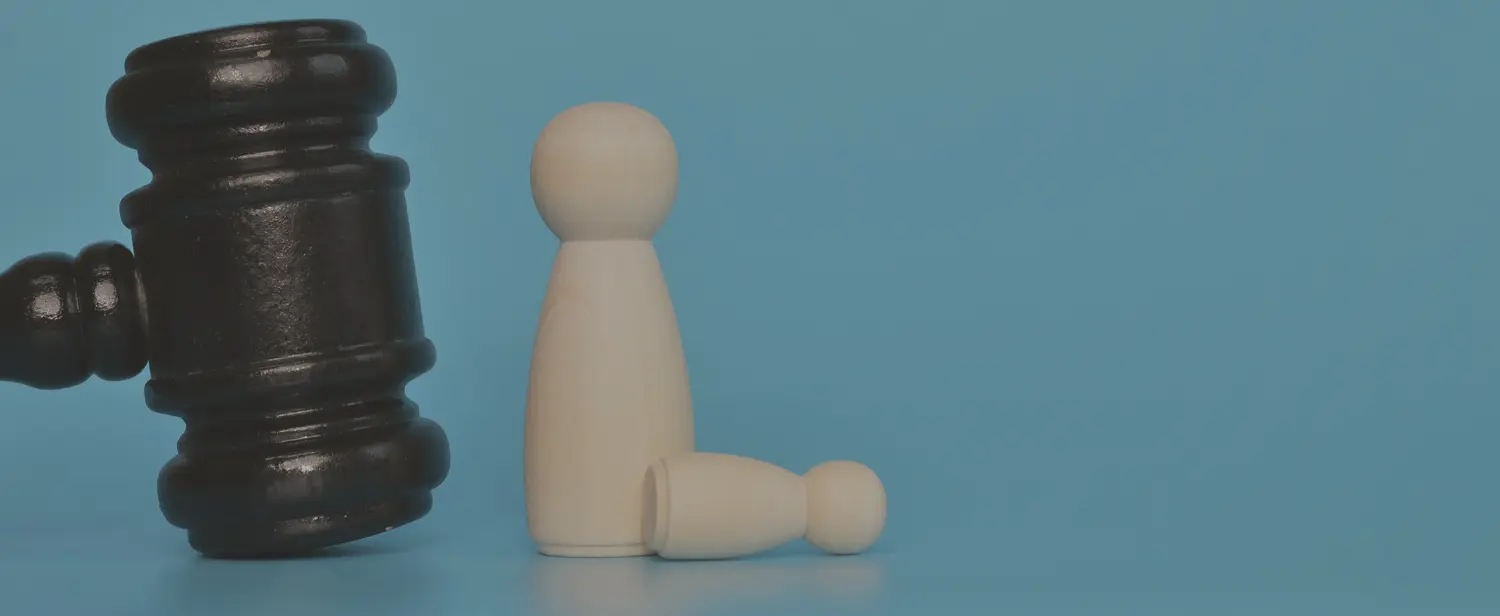Investigations relating to child abuse can lead to severe repercussions for you if you are the target of an inquiry. Therefore, it is important to reach out to a lawyer as soon as possible if you find yourself at the center of an investigation or subject to a grievance hearing. Having excellent representation from a law firm like Stevens Legal, APC, which is well-versed in these types of cases, can mean the difference between having your name put on the state register for years or being cleared of charges. They have helped clients throughout San Diego and Southern California with child abuse criminal defense cases.
WHAT IS THE CHILD ABUSE CENTRAL INDEX (CACI)?
A central register to compile information related to child abuse investigations was created in 1965 to help California state, and local agencies protect children from potential offenders. This register is known as the Child Abuse Central Index or CACI for short.
As child abuse investigations are reported, the relevant information is recorded on the CACI for future reference. The names on this list are then screened for future licensing and employment, particularly for positions involving interaction with children. Maintained by the state’s Department of Justice, the CACI lists suspected child abusers and those suspected of engaging in physical, sexual, and mental abuse and neglect of a minor child.
WHAT INFORMATION IS ON THE CACI?
The reports registered on the CACI include the names and descriptions of suspects and victims. It will also include which agency conducted the investigation, the case number or name, and the type of abuse being investigated. It provides a quick reference for additional research an employer or licensing body might have about a specific person.
WHY IS MY NAME ON THE CACI CHILD ABUSE CENTRAL INDEX?
Your name would likely appear on the CACI if you have been reported by a child welfare agency, identified by law enforcement, or even reported by some party that is a mandated child abuse reporter, such as daycare or school. It is also common for reports to be brought forth upon information received by close family members, parents, neighbors, and anyone in your social circles.
WHAT DO I DO IF CONTACTED BY A SOCIAL WORKER INVESTIGATING A CASE?
If you are contacted by a social worker investigating a case, you should first reach out to a lawyer before you sit down and speak with anyone. A common mistake that people in this position make is to freely share information with a social worker thinking that the social worker will be on their side. Anything said could be used against you in a case, so it is important to have the proper advice of someone experienced in these cases.
WHAT HAPPENS AFTER A SOCIAL WORKER INVESTIGATION?
Upon the completion of an investigation, the social worker will determine whether the allegations are either without merit, supported by their findings, or inconclusive. Your name will be placed on the Child Abuse Central Index only if the allegations related to the investigation are substantiated.
WHO CAN SEE THE NAMES ON THE CACI?
The CACI database cannot be shared freely with the general public but can be viewed by agencies and employers who offer positions or activities related to interacting with children. For example, judges, employers, licensing agencies, volunteer organizations, and military organizations are among many that would require access to the information on the CACI.
HOW LONG WILL MY NAME BE ON THE CACI CHILD ABUSE CENTRAL INDEX AND WHAT ARE THE CONSEQUENCES?
Unless a successful appeal occurs, your name would remain on the CACI for the remainder of your life if the allegations investigated by a social worker were deemed substantiated. This would likely affect your ability to parent, obtain a security clearance, or participate in an adoption. It would even prohibit your partner from running a daycare in your home. Any guardianship agreements you might have with other family members would become unlawful. As you can see, this has wide-reaching ramifications.
DO I NEED A LAWYER PRESENT FOR A CACI GRIEVANCE HEARING?
Prior to your name being placed on the CACI, you will receive a letter notifying you and providing you with the last chance to fight the findings in a hearing. In what is called a ‘grievance hearing,’ you have the opportunity to argue against having your name put on the registry. While you do not NEED a lawyer present, given the long-term impact of a negative outcome, we highly suggest that you have someone competent in these matters present to give you the best chance to win your case.
WHERE CAN I FIND A CACI DEFENSE LAWYER IN SAN DIEGO?
Few lawyers specialize in CACI cases. Attorney Samantha Ashley Greene of Sevens Legal Criminal Lawyers in San Diego, has successfully defended against child abuse allegations in grievance hearings. She has the knowledge and experience to help you avoid having your name placed on the Child Abuse Central Index.
ABOUT SAMANTHA A. GREENE
Samantha Ashley Greene of Sevens Legal Criminal Lawyers in San Diego, is a distinguished criminal law specialist in the state of California. She has represented individuals in a wide range of cases, including CACI cases. It is not only her exceptional knowledge of the law but also her passion for the criminal defense that has brought her much success in the courtroom. Samantha has been recognized by her clients and peers, winning top accolades as Top San Diego Criminal Defense Attorney in 2012. She also recently won the Client Choice award from AVVO and the Top Attorneys award from San Diego County.
If you find yourself requiring help with a CACI case, you can contact Samantha A. Green by calling the offices of Sevens Legal Criminal Lawyers, at 619-430-2355 to set up a free consultation.
